This time last summer, I was eagerly awaiting the start of Reception for my daughter. I remember having such a mix of feelings; excitement, worry, joy, sadness, nostalgia. It felt like such a big jump for such a little person and I wanted to do the best I could as her mummy to help her have a soft landing! Here are some top tips for parents of school starters to help prepare your child for this big change.
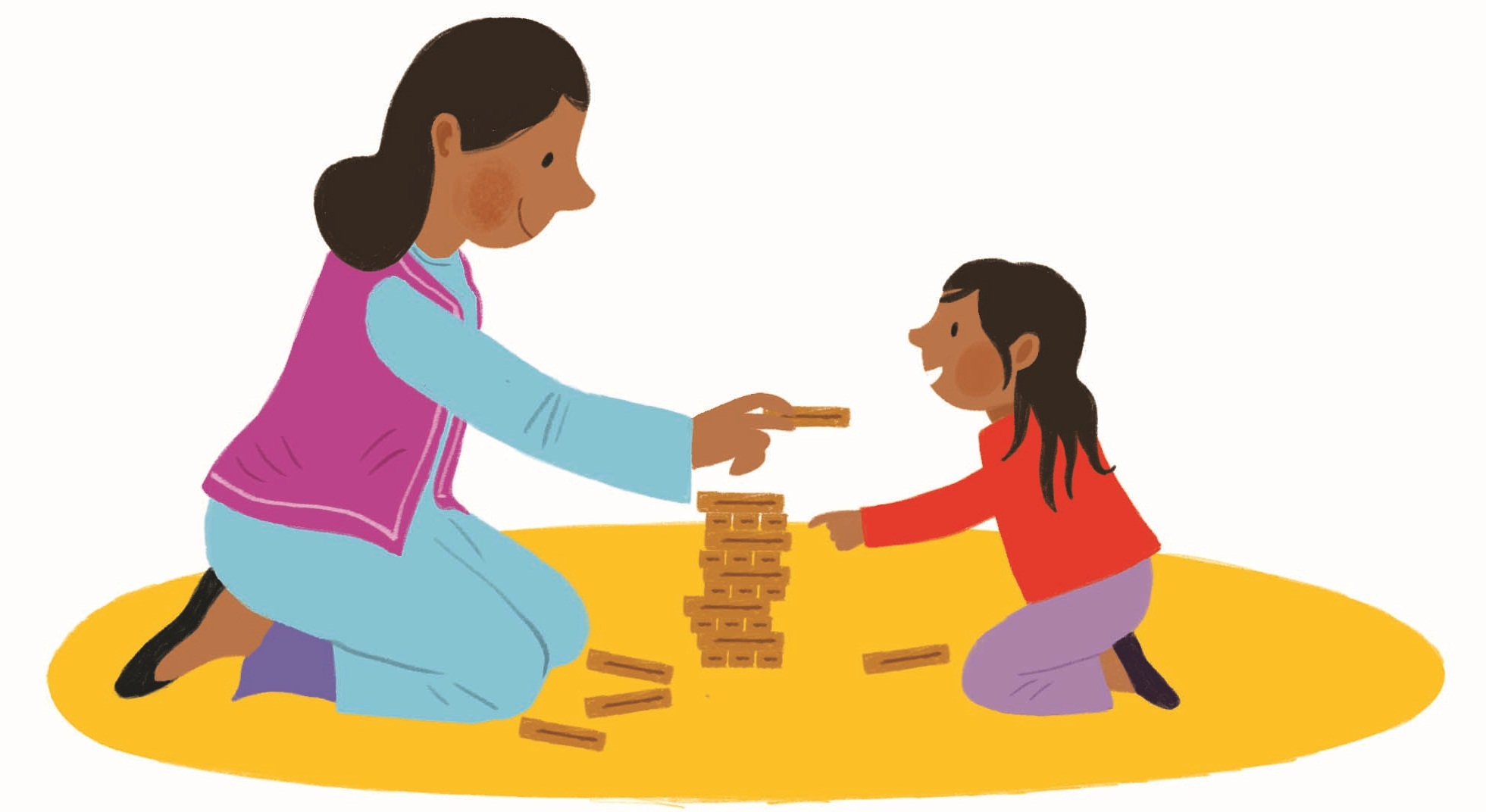 Special Time, and play, play, play!
Special Time, and play, play, play!
Make sure you find 5 minutes every day to play with your child in the run up to school starting, following their lead with their favourite toys, staying present, quiet and fully focused, creating a calm unpressured environment for connection and support. Your child will need this now more than ever, as it will help them feel regulated and have space to communicate with you about whatever they need to. Also it’s a great time to make the most of your days together, before life gets very busy in September!
Play will be the main way your child will learn in Reception, so it is good to get them ready by creating lots of opportunities for them to explore objects, words and imaginative ideas. Welcome opportunities to play together, whether at home, out in nature, or in the car!
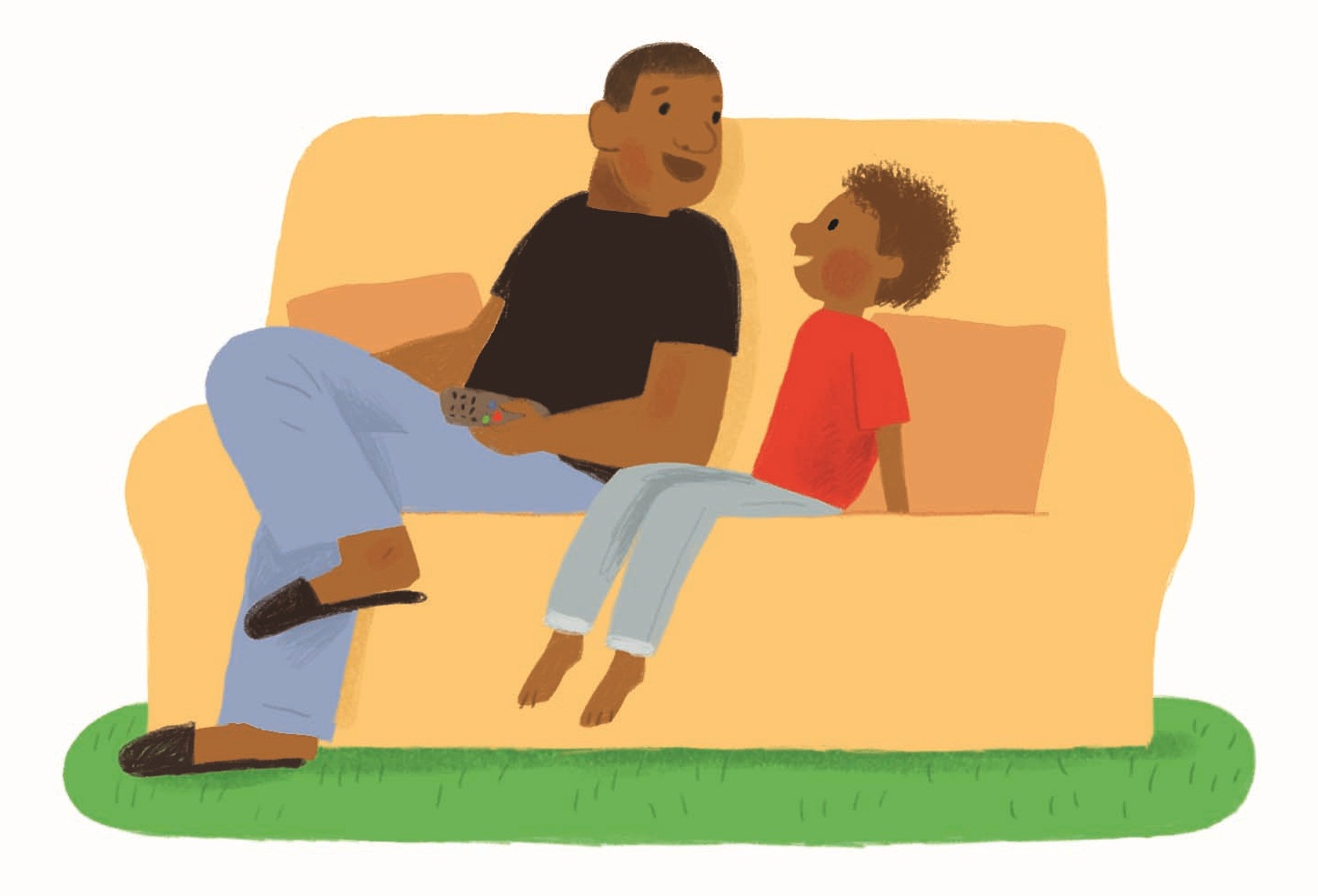 Talk about it!
Talk about it!
Your child will hear this word ‘school’ everywhere in the weeks approaching their start date, but won’t really know what to imagine! You can help them by taking small calm moments in the day, using simple language to describe to them things they might experience at school.
“In the morning you will all sit down on the carpet”
“You will have your own peg with your name on it”
“You will walk in a line with your class to the room you eat lunch in”
“Your friend Charlie will be in your class, you can sit together”
“When you want to say something in class, you might have to put up your hand like this”
“Your teacher’s name is Mr Jones”
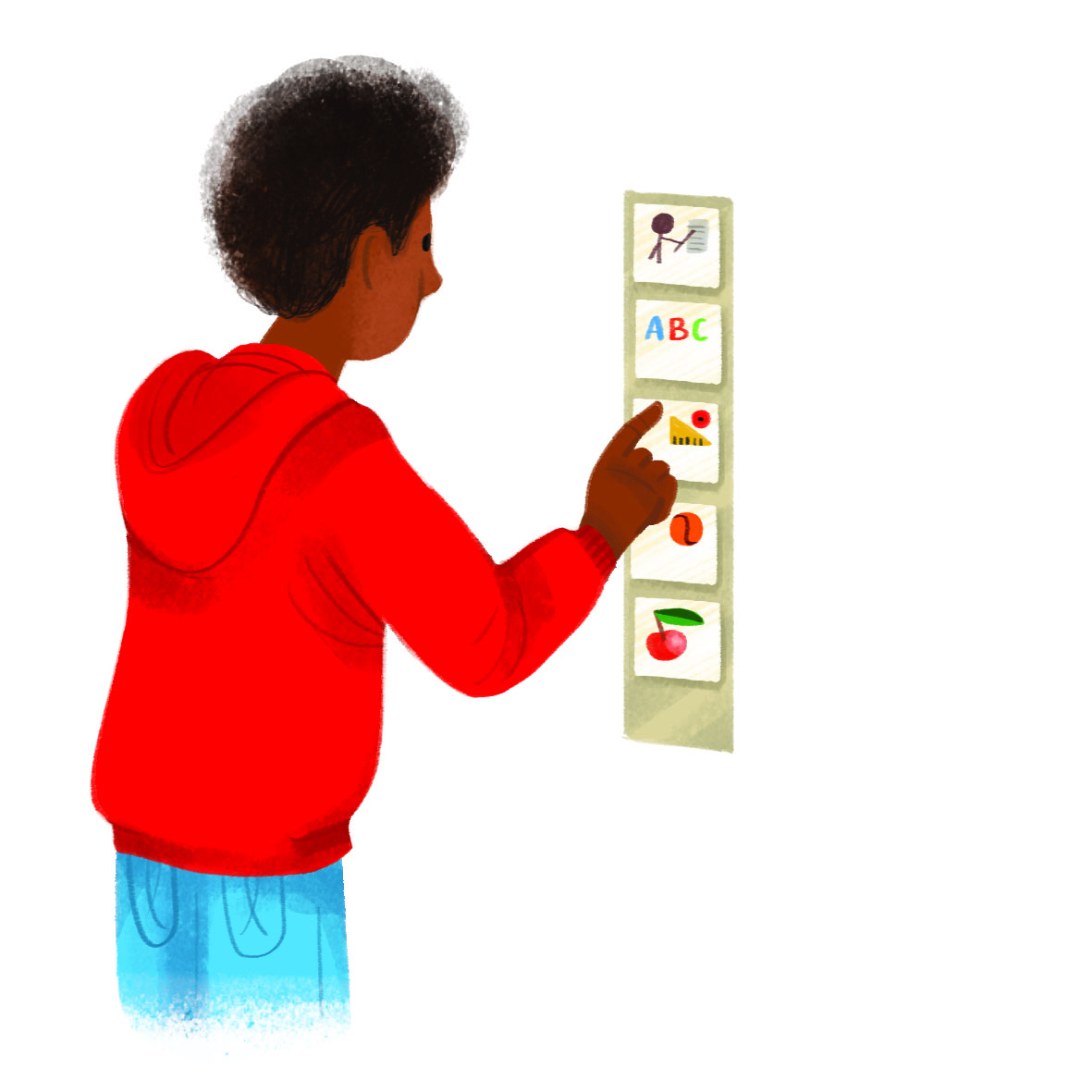 If your child has difficulties understanding language, why not use photos (stock photos from the internet would be fine!) or draw pictures together. You could make a visual timetable together, sticking pictures in order to show how a typical day might look.
If your child has difficulties understanding language, why not use photos (stock photos from the internet would be fine!) or draw pictures together. You could make a visual timetable together, sticking pictures in order to show how a typical day might look.
Take walks together
Walk past the school; show your child the front office, the gate they will go in, and the playground they will play in. Take the walk to school a few times to get them used to it, make it feel familiar, and help your child imagine what it will be like.
Get them involved
Do practical preparations together, e.g. packing their school bag, laying out their uniform, preparing their lunchbox. Label the objects as you do this and talk about what they will use them for. This will give them a feeling of independence that will prepare them for the classroom, and also help them recognise their own things.
Acknowledge emotions
On the way to school, if your child screams, cries, runs away, pushes back or says they don’t want to go, this is probably the only way they have to express that they are feeling anxious, or experiencing some separation anxiety. They will feel best comforted if you recognise their feelings by saying “I’m sure you feel nervous/sad/worried”, and then reassure them by saying something like “I will be here waiting for you at the end of the day”. You might be feeling quite anxious too, which is completely normal! Notice your own feelings, but try to show your child steady confidence that everything will be OK.
I remember on the first day of school for my daughter, she bounced and smiled all the way, but then when we reached the queue to go in she started to cry. She told me she felt like she didn’t know what to say to other children after they said hello, like she was lost for words. I hugged her (which helped comfort my own emotions in that moment too!), said that I related to that same feeling when I meet new people, and reassured her that once she was inside and playing she would know what to say. She came out grinning and excited to go back the next day, and every day after that.
In early weeks there will be wobbles, maybe lots of them, and there may be days that your child doesn’t want to go to school. But most days they will be contented and happy to see you at the end of the day. After a few weeks, once your child knows the school and the school knows your child, it will all begin to feel like normal life for everyone.
Freya Brett
Early Years Speech and Language Therapist
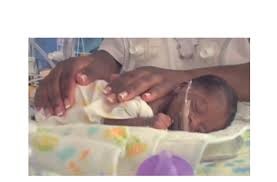
handle and position babies for optimum sleep and development,
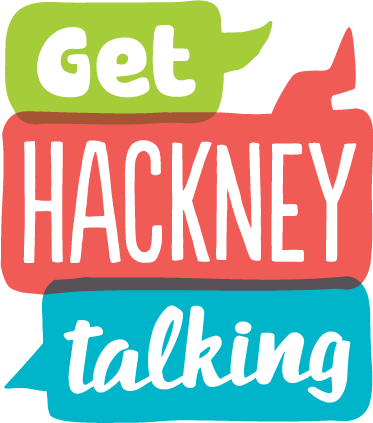
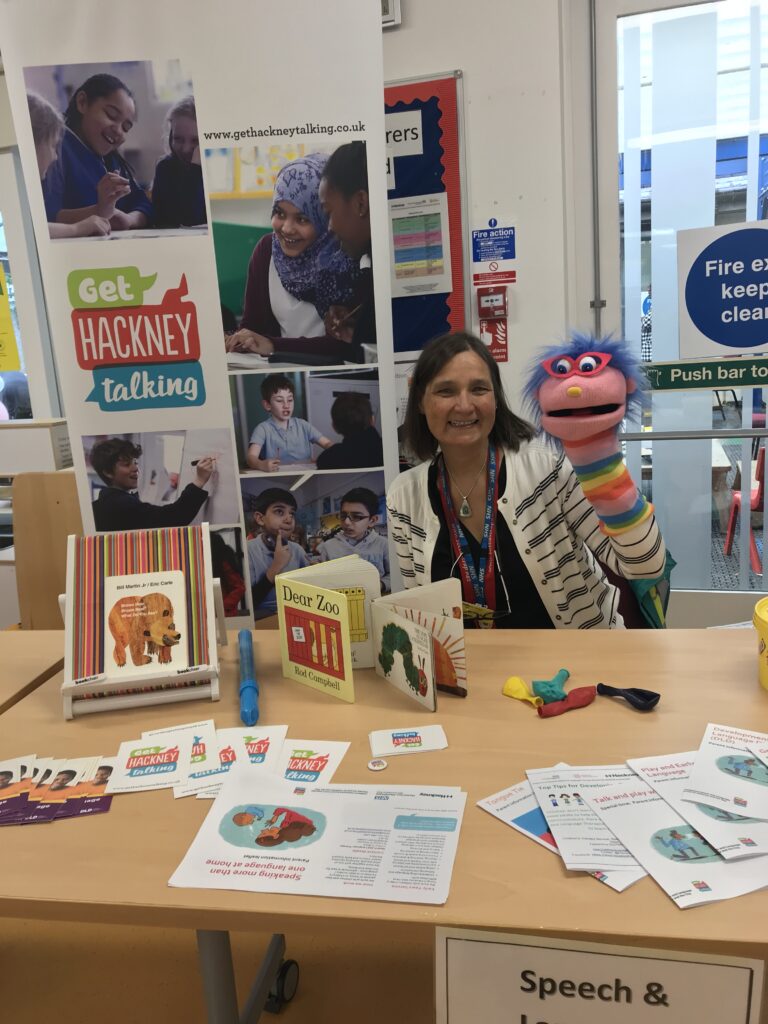

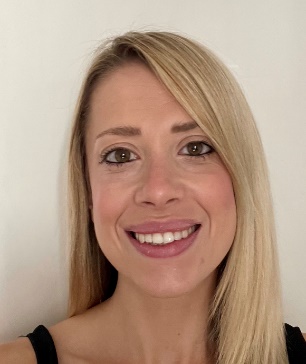

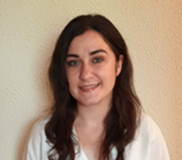

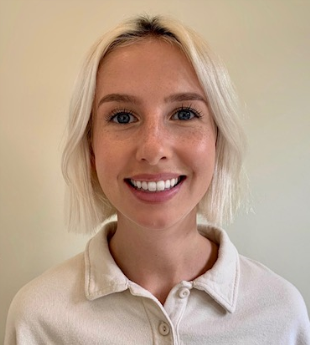






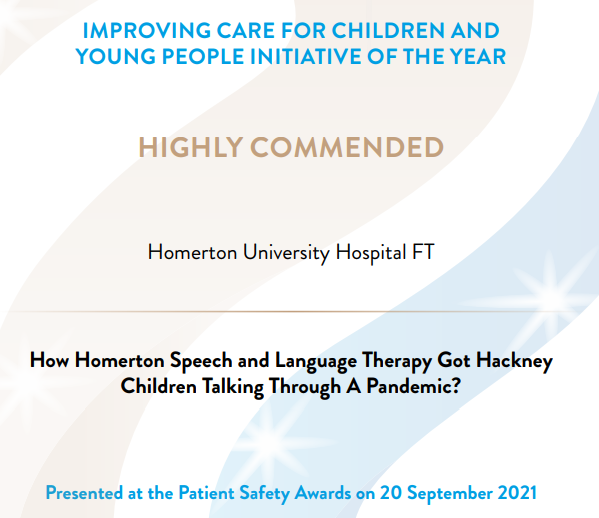
 Special Time, and play, play, play!
Special Time, and play, play, play! Talk about it!
Talk about it! If your child has difficulties understanding language, why not use photos (stock photos from the internet would be fine!) or draw pictures together. You could make a visual timetable together, sticking pictures in order to show how a typical day might look.
If your child has difficulties understanding language, why not use photos (stock photos from the internet would be fine!) or draw pictures together. You could make a visual timetable together, sticking pictures in order to show how a typical day might look.
